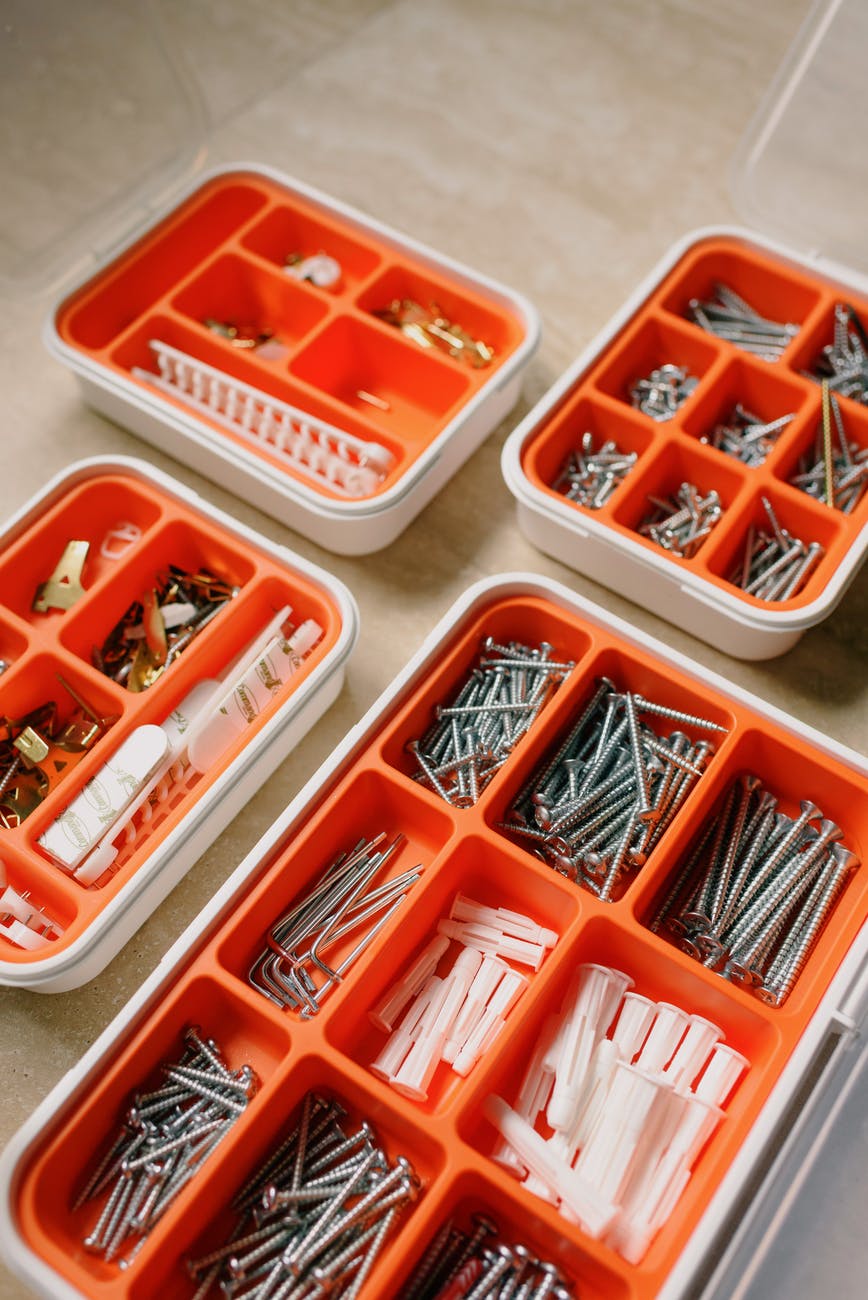Modern machinery is indeed a beauty of its own. Any machinery requires certain maintenance routines after long-running hours. The design of the machine has to be such that engineers and technicians can access and dismantle as many parts as necessary to service, repair, and replace them. For this reason, it is necessary to join components of machines using non-permanent fasteners.
What are Industrial fasteners?
The term Industrial fasteners include a fairly broad category of tools such as screws, nuts, nails, and bolts. These tools are used to mechanically hold objects together. Materials like glue and tape can fulfill this function; however, these materials are not included in the category of fasteners. Although most fasteners form a non-permanent joint, it does not mean you only use fasteners when you want to be able to take things apart, and it doesn’t mean the joined part is weak by any means. Fasteners can reliably hold objects together and can experience a great degree of stress. This quality makes them a perfect choice for permanent and non-permanent joints alike.
Fasteners are tools used to mechanically join two or more objects together, either permanently or non-permanently. There are many different types of fastener and tool, each with its very own purpose. Moreover, fasteners can be broadly categorized as either permanent or non-permanent fasteners. Permanent fasteners are tools such as nails and rivets. Whereas, Non-permanent fasteners are designed to allow for easy removal and re-usage. Fasteners like bolts and screws are commonly used in numerous products and industries. This is because they allow for parts to be quickly disassembled and re-assembled.
What are bolts?
Bolts are one of the most common types of fasteners. They are available in a vast variety of materials and strength requirements. Furthermore, these types of fasteners mainly differ in thread specification, length, and head shape with such varying combinations resulting in bolts with different functions. They mainly require a drilled hole and a complementary nut, or a tapped mating part for installation. Unlike screws, bolts are generally not tapered. Quite often, bolts are mistaken for screws, so it is better to buy bolts based on your project requirements.
Hex bolts are a unique style of fixing, they are used throughout the construction and engineering industries. The hex bolt is a reliable fastener for building projects and repair jobs. Hex bolts can be used in tight spaces to secure wood, metal, plastic, and other materials. Hex bolts are commonly used in buildings, bridges, and highway structures, but you can find hex bolts in all industries and all homes. Moreover, hex bolts come in various thread designs for application in different tasks and environments. Many screws and bolts are identified by their drive style. Similarly, hex bolts are distinct because of their six-sided heads.
What are stud bolts?
A Stud bolt is just a piece of threaded bar. Also, a stud often resembles a machine screw without its head, although some studs have heads that can be permanently joined into the part that they are attached to. Usually, studs are designed to be permanently attached to one part. This means attaching another part in conjunction with a nut. This kind of stud can be welded, bonded to attach it therefore, have a small head to enable this.
In addition, other types of studs may have threads at both ends. In some cases, these are both intended to accept nuts such a stud is called a stud bolt. Alternatively, a stud may have a taping thread at one end, intended to be permanently screwed into a part, and a machine thread at the other end to join a nut.
Fasteners are indeed a big part of our lives. Every chore and task is surrounded by fasteners. If you want to buy good-quality bolts, stud bolts, screws, rivets, nails, etc. You can get them at royal hardware at a very reasonable price.

